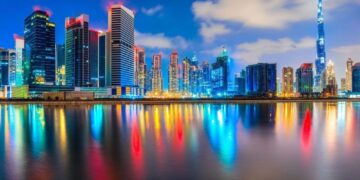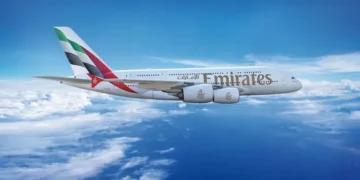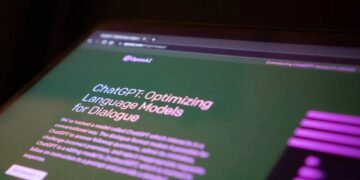At the Global Future Councils in Dubai, Klaus Schwab, the 86-year-old founder of the World Economic Forum (WEF), delivered an uncharacteristically somber message to the delegates. Schwab cautioned that “for the first time, humanity could destroy itself,” pointing to nuclear warfare, environmental crises, and unregulated technological advancements as unprecedented risks. The statement marked a notable shift from the WEF’s traditionally optimistic tone, drawing gasps from the audience and underscoring a more cautious outlook as global tensions rise.
Held annually in the UAE, the Global Future Councils serve as a precursor to the WEF’s flagship event in Davos, facilitating dialogue across sectors to address pressing issues. Schwab’s comments, in response to a question from UAE’s Cabinet Affairs Minister Mohammad Al Gergawi, reflected a growing awareness of the mounting crises facing the world. Nonetheless, in a poll conducted by Schwab, a narrow majority of attendees still believed in the possibility of a brighter future, indicating a lingering hope amid the concerns.
Sessions at the council focused on artificial intelligence, sustainability, energy transition, and cybersecurity, with UAE’s Minister of AI, Omar Al Olama, calling for AI regulation and proposing a shift toward an “intelligent age” theme for Davos 2025. Despite limited discussion of the Middle Eastern geopolitical situation on stage, it was a prevalent topic in side conversations, highlighting the unease felt by many global participants.
The WEF’s call to address humanity’s most existential threats signals a shift toward acknowledging the immediate challenges in a world facing unparalleled uncertainty. As Schwab urged, global collaboration has never been more critical.






























Discussion about this post